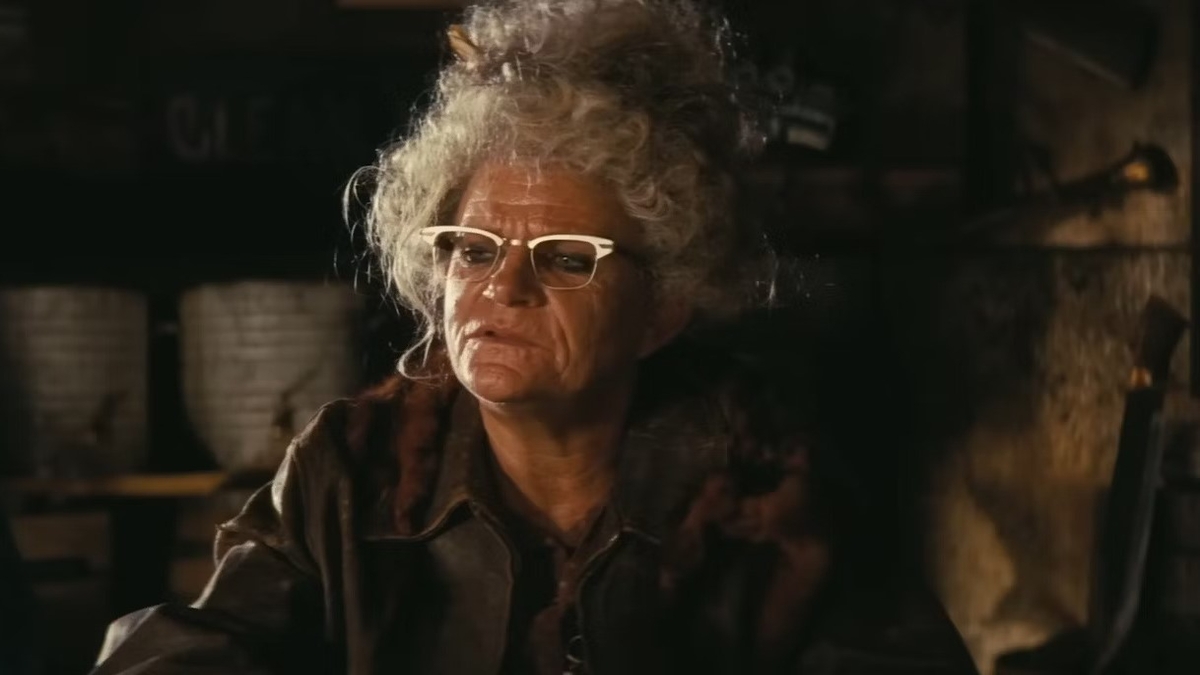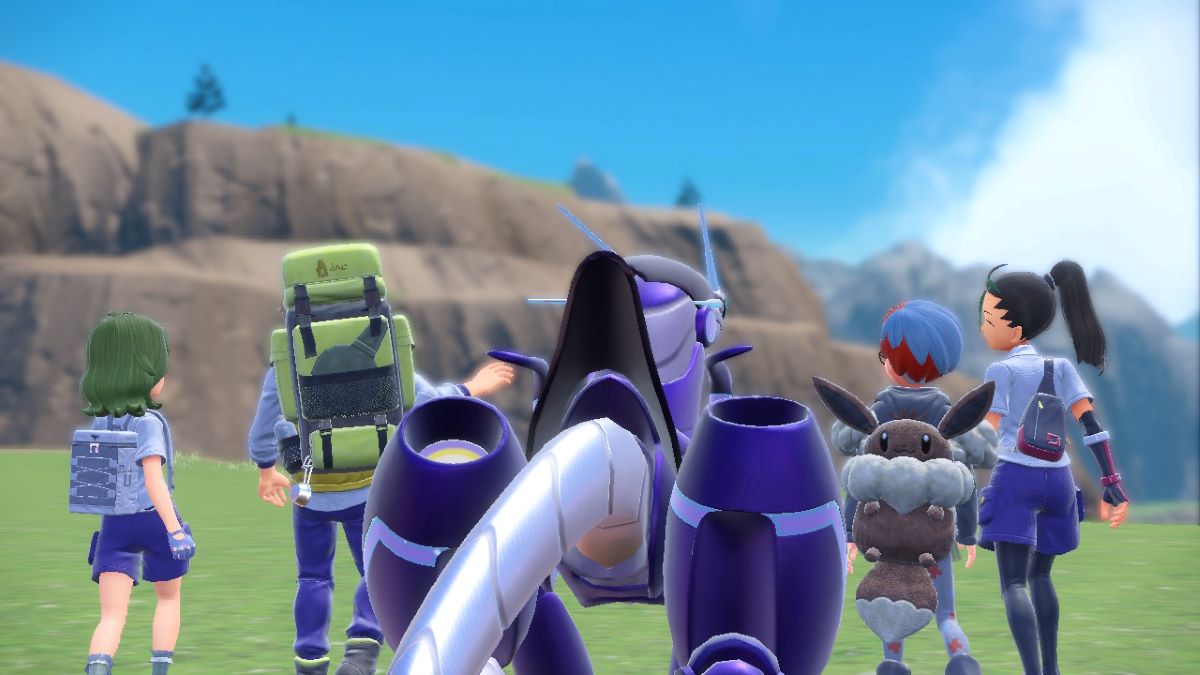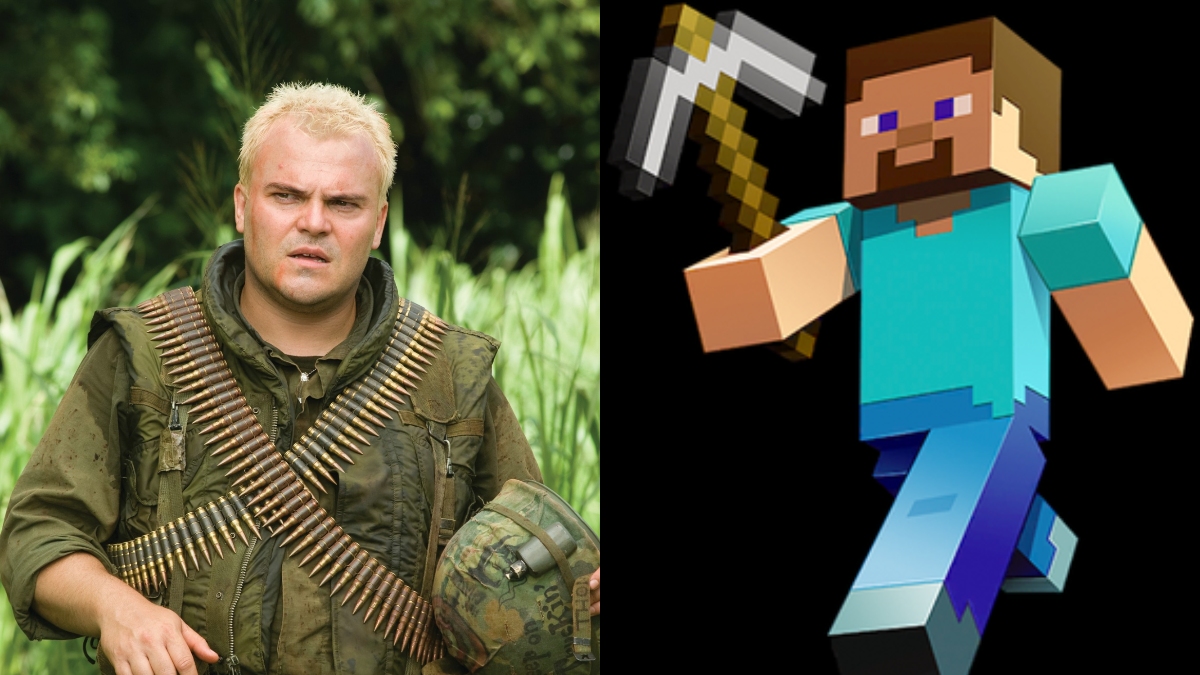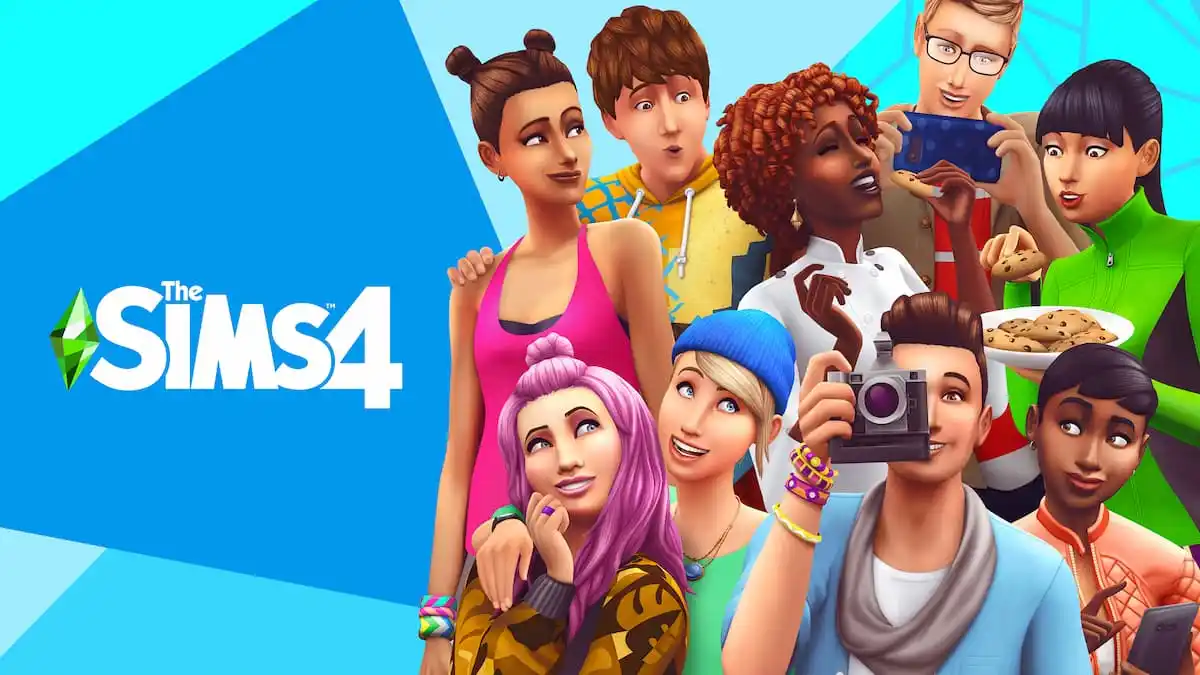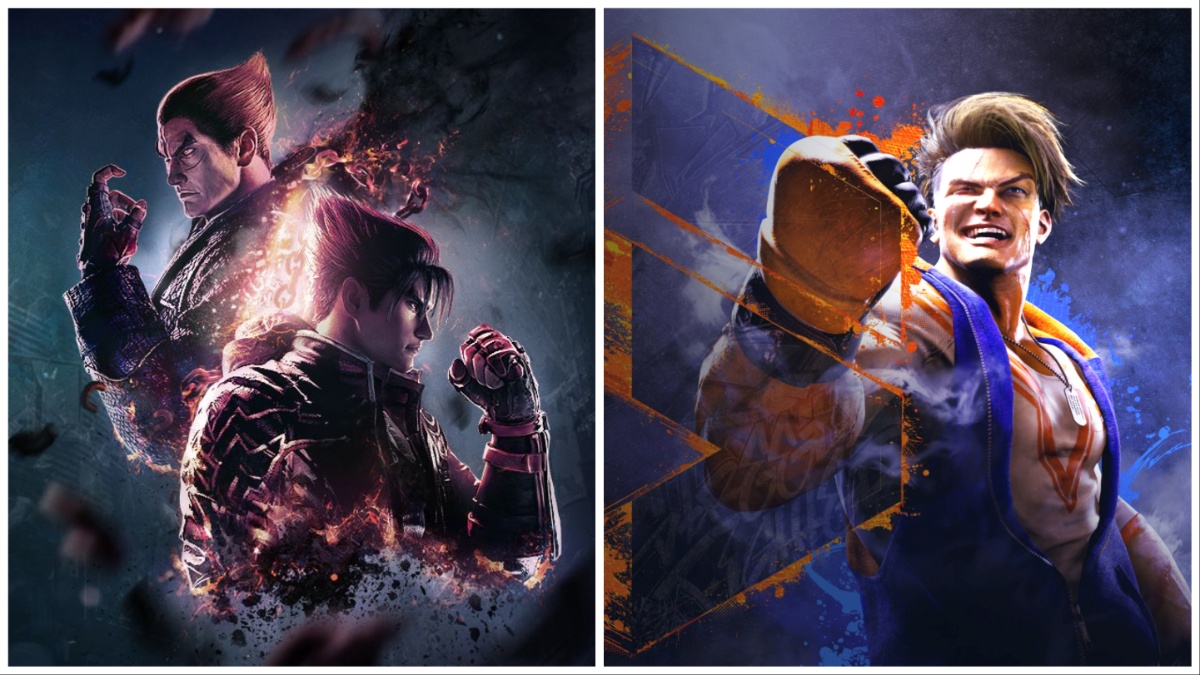The first Game Music Connect event in London was billed as international. Indeed, guest speakers came from the UK, Holland, Denmark, and the USA, let alone the various nationalities present in the audience. Despite the event’s European location, the half the panel were American. Therefore, Microsoft Studios Audio Director (AD), Paul Lipson, took the opportunity to chair a session talking to composers living and working in the USA to contrast and compare their experiences and processes with that of their European hosts. The panel included:
- Jason Graves
- Jesper Kyd
- Martin O’Donnell
Size Matters
America is a big place, and because of this, all composers noted that living has its advantages. Notably, it’s the amount of work that’s available. Kyd states that this is due to the sheer number of developers, especially with the explosion of the indie game scene. However, this not only means more commissions available, it also means that the approach developers have towards composers is different.
As the work is more readily available, there is a lot more room for creativity and freedom, as there is plenty of demand. Indeed, the “American Way” seems to involved a lot more feedback, resources, and discussions. O’Donnell in particular relishes the opportunity that, in the early stages of developing the score for Bungie’s upcoming title Destiny, he was given the freedom to compose a full stand alone orchestral suite to enable him to get a feel and inspiration for the eventual music. Furthermore, he was given the gob-smacking opportunity to work on this with Sir Paul McCartney.
 Hands across the ocean. Acclaimed American composer Martin O’Donnell (left), and Game Music Connect co-founder and host, John Broomhall. Photograph: Courtesy of Game Music Connect.
Hands across the ocean. Acclaimed American composer Martin O’Donnell (left), and Game Music Connect co-founder and host, John Broomhall. Photograph: Courtesy of Game Music Connect.
Degrees of Separation
Because of this, the way composers are asked to work differs from Europe. In America, composers are mostly asked to look after the music and not much else, with ADs such as Lipson organising studios, artists/orchestras, and business and legal issues. In Europe, composers are usually given the entire budget and are left to sort out all of the above as well as the score.

But that’s not to say that the American model is better. Whilst having composers focus solely on the music means they have less of a say, although are still able to have influence, on what artists they use and how they go about completing the score. In Europe, although it’s daunting to be in charge of everything, there are little to no constraints on how a composer choses to create and record.
Kyd, being of Danish descent, also feels that European game companies are much more adventurous when it comes to commissioning video game music. He mentions that this is just something that’s part and parcel of a wider sense of innovation and gusto in European music generally.
Bars Without Boundaries
However, despite picking through the differences of industry approaches on either sides of the Atlantic, all agree that such discussion is superfluous as the video game market, and its resulting influences on culture, has been global for some time. Furthermore, with the advancement in communication technology and file sharing, composers are no longer restricted by location.
Technology will plateaux after the PlayStation 4 and XBox One. With less emphasis on the technology itself, publishers will turn to creativity instead, which will include exploring video game music.
However, Graves still mentions that there is something to be said about actually being able to be physically present in a game’s development, something which AD Adele Cuttings mentioned in the earlier panel with other ADs.
Because of games transcending political borders, the composers’ outlooks are towards the next generation of consoles rather than the details of a specific country(s) approach to video game music. O’Donnell, in particular, shares an interesting opinion that he believes technology will plateaux after the PlayStation 4 and Xbox One. With less emphasis on the technology itself, publishers will turn to creativity instead, which will include exploring video game music. As hardware reaches an apex, there will be far fewer constraints to exploring narrative and ideas than there were before.

